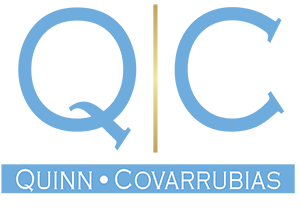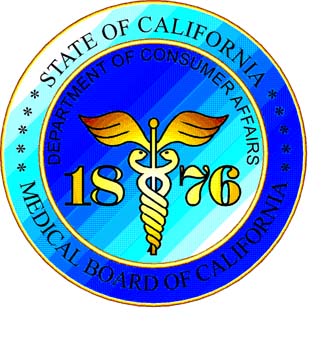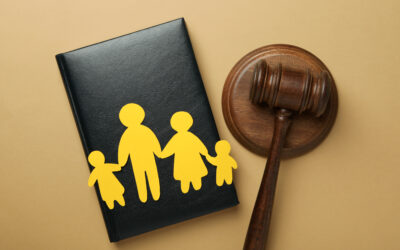I Received an Accusation, Now What?
If you are a licensed medical professional, you may, at some point during your career, receive a “Notice of Accusation.” A “Notice of Accusation” should not be ignored or taken lightly. An Accusation is the vehicle by which your licensing agency (the California Medical Board) initiates a disciplinary proceeding against you, the licensee. Upon receiving an Accusation, it is incumbent on the licensee that the Accusation is read carefully. The Accusation lays out the charges sought by the agency and must specify the statutes and rules the licensee is alleged to have violated. (Gov. Code. § 11503.)
If you have received an Accusation the following has already occurred:
- A Complaint was filed with the Medical Board;
- The Medical Board investigated said Complaint; and,
- The Medical Board found a violation of the Medical Practices Act.
Note: Up to this point, the complaint and Investigation are not public information. However, this information becomes public once an Accusation has been filed.
If a violation of the Medical Practices Act is found, the Medical Board may pursue disciplinary actions against the licensee following the Administrative Hearing. Such actions include:
- Revoking of the medical license;
- Suspension of the license for up to 1 year;
- Placing the license on probation, restricting the license, or limiting the scope of practice permitted under the license;
- Imposing additional requirements such as psychiatric treatment, require additional clinical training, or practice under supervision; or
- Issue a public reprimand.
While the purpose of regulating licensed medical professionals is not to discipline them, but rather to protect health care consumers, enforcement of any of the above disciplinary actions can have deleterious effects on one’s practice and reputation, thus necessitating the proper handling and resolution of an Accusation. So, what do you do you ask?
FIRST:
- Locate the date on the proof of service. You have 15 days from this date to file the accompanying “notice of defense.”
Accompanying the Accusation, you will find a “Notice of Defense.” It is equally important to not ignore the Notice of Defense. Signing and returning this notice to the agency is your acknowledgement of receipt of the accusation and provides the agency notice of your intent to defend against the accusation.
SECOND:
- File the “notice of defense” within 15 days of receiving the Accusation.
(Note: You do not need an attorney to file this, however, due to the complex nature of Administrative Proceedings, it is advised that one consult with a legal professional.)
Filing a notice of defense allows the licensee to do any of the following: 1) request hearing; 2) challenge the accusation; 3) admit the accusation in whole or part; and 4) present new information to the agency. Once the Notice of Defense is filed, the licensee is entitled to a hearing.
CAUTION: failure to submit a “Notice of Defense” can result in waiver of certain rights.
Once the notice of defense is filed, this lets the agency know you will be defending against the Accusation. At this point, discovery begins. Discovery is the process by which the parties request and obtain information about the accusation. The information obtained can be used during the hearing and in any pre-hearing motions.
Following the hearing, the Administrative Law Judge will render a decision which is then sent to the Medical Board. The Medical Board will review said decision and make the final decision. In this decision, the Medical Board will state what, if any, disciplinary actions will be imposed. As discussed above, the disciplinary actions range in severity from a public reprimand to a revocation of your license. Given the range in severity of disciplinary actions, it is recommended that legal counsel be sought.




